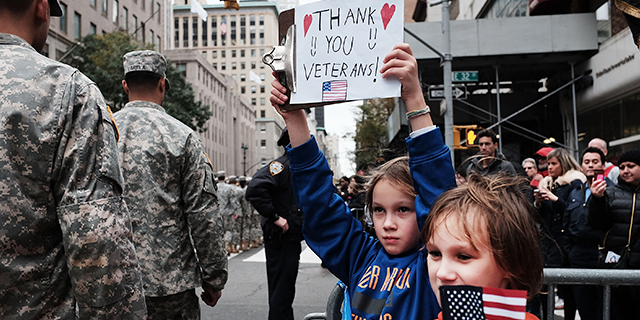Two Republican members of the House of Representatives, Duncan Hunter and Louie Gohmert, are launching a new congressional caucus, "Justice for Warriors." You can see them explain why on this One America interview. Rep. Gohmert addresses, among other things, the fact that convening authorities select court-martial members.
The involvement of legislators in the disposition of individual cases is highly problematic. It will be interesting to see who else, if anyone, joins Reps. Hunter and Gohmert in the new caucus.
The involvement of legislators in the disposition of individual cases is highly problematic. It will be interesting to see who else, if anyone, joins Reps. Hunter and Gohmert in the new caucus.




























